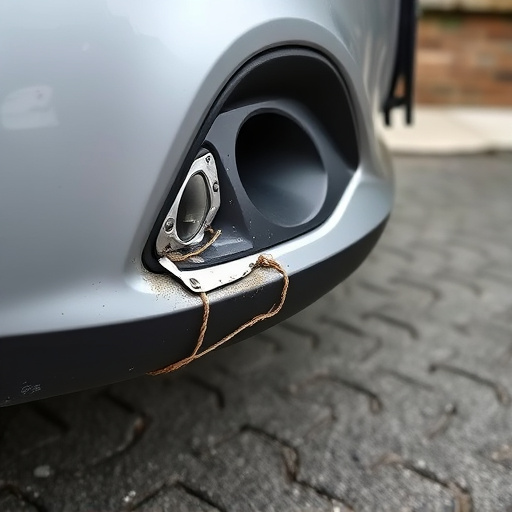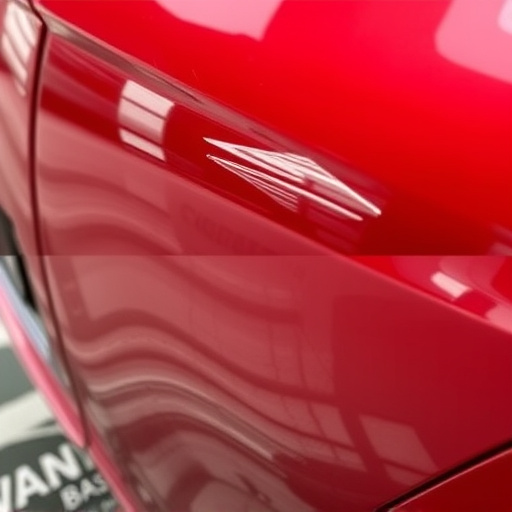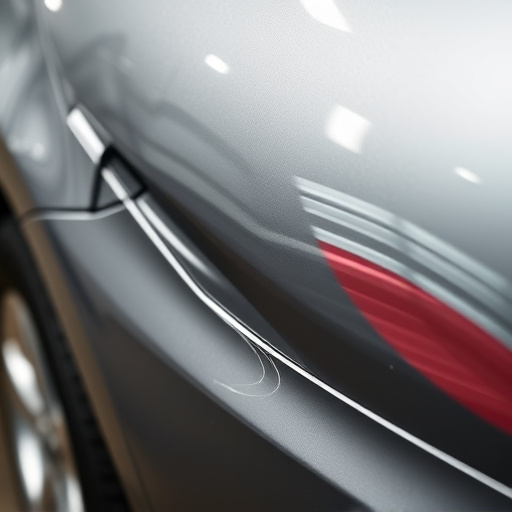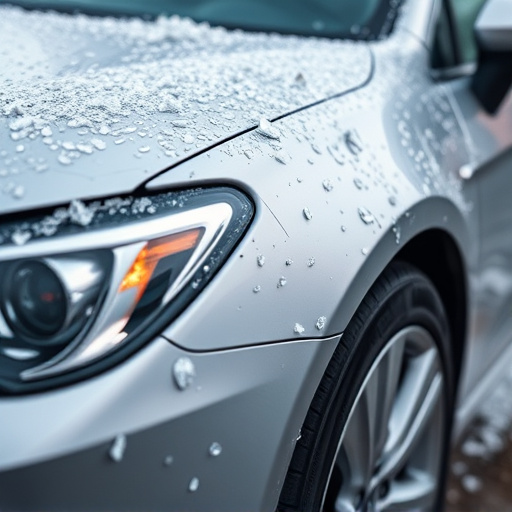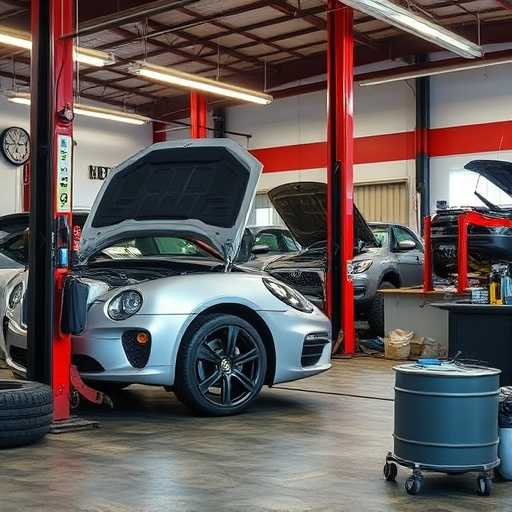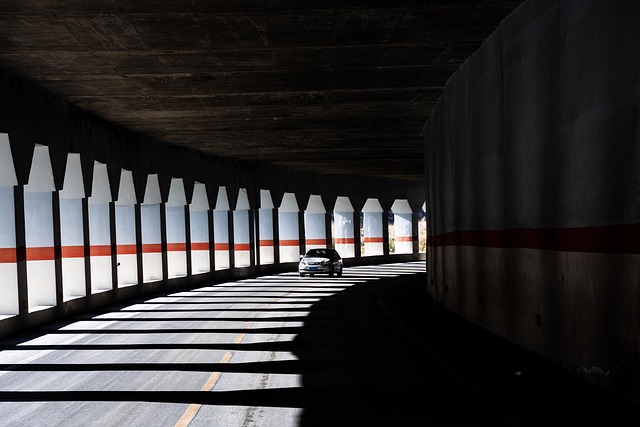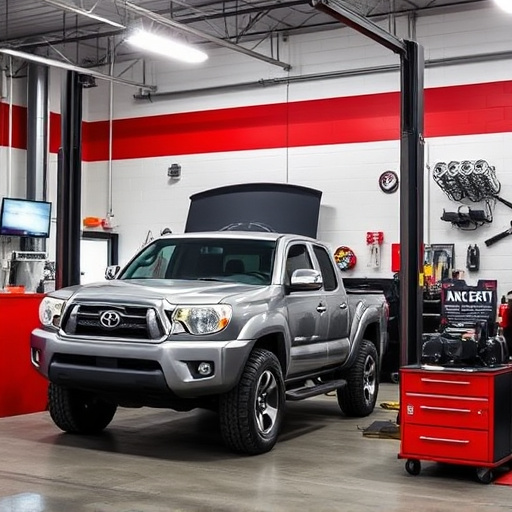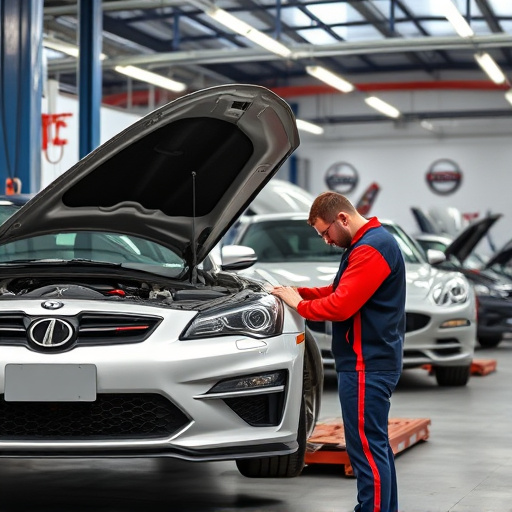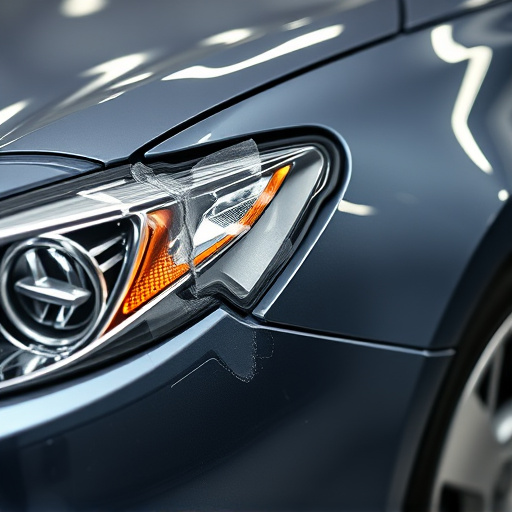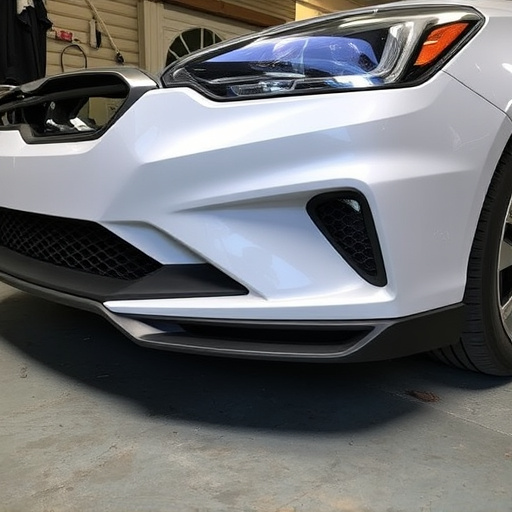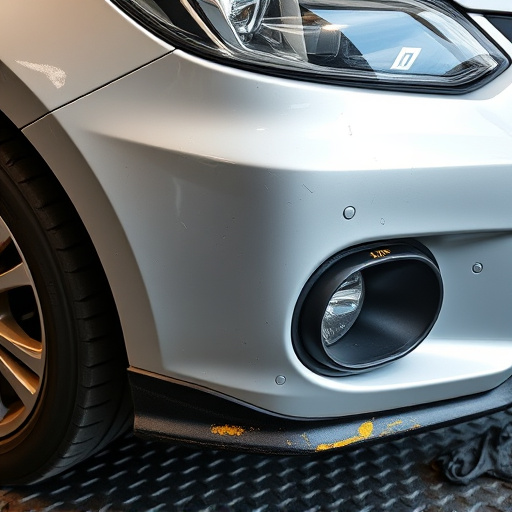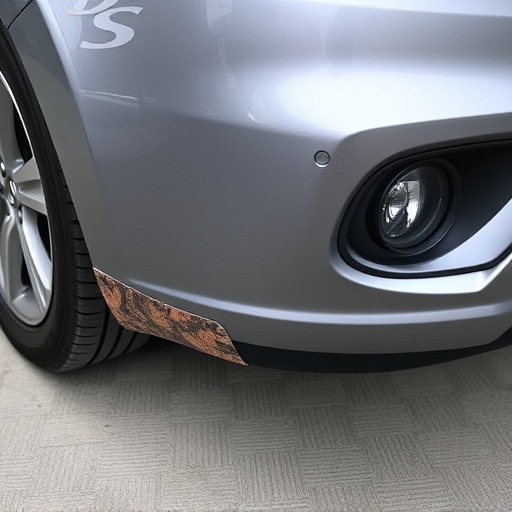Mercedes glass sensor calibration is vital for vehicle safety and performance, impacting advanced driver-assistance systems (ADAS). Uncalibrated sensors can cause erratic window operation, error codes, and costly repairs, while regular calibration prevents these issues, ensures accurate obstacle detection, and maintains optimal car handling and braking.
Skipping Mercedes glass sensor calibration can lead to significant issues, impacting both safety and vehicle performance. These sensors play a critical role in modern automotive systems, from regulating window functions to advanced driver-assistance features (ADAS). Neglecting calibration may result in misaligned windows, compromised ADAS functionality, and even potential safety risks on the road. Regular calibration ensures optimal vehicle operation, prevents costly repairs, and maintains the integrity of your Mercedes’ sophisticated technologies.
- Potential Safety Risks and Consequences
- Impact on Vehicle Performance
- Costly Repairs and Maintenance Avoidance
Potential Safety Risks and Consequences
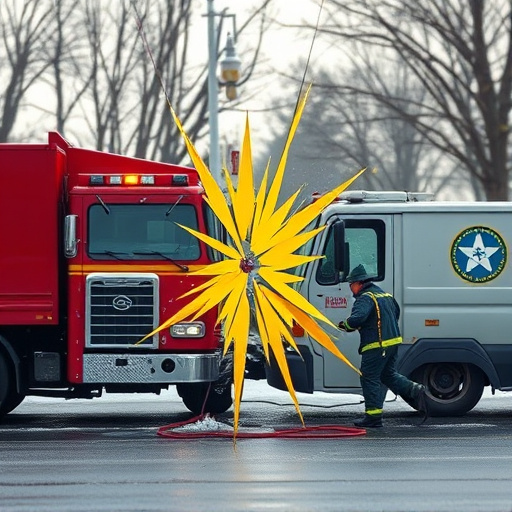
When it comes to Mercedes glass sensor calibration, skipping this essential maintenance task can lead to significant safety risks and consequences for your vehicle. These sensors play a critical role in modern cars, particularly in advanced driver-assistance systems (ADAS) that include features like adaptive cruise control, lane-keeping assist, and automatic emergency braking. Malfunctioning or miscalibrated sensors can cause these systems to fail, compromising the overall safety of your Mercedes and those around you on the road.
Improperly calibrated glass sensors might not detect obstacles or changes in traffic conditions accurately, leading to delayed or incorrect responses from the ADAS. This could result in potential collisions, as the vehicle may not be able to brake or steer effectively. Moreover, if the sensors are off-kilter, they can affect the overall integrity of the vehicle’s bodywork, especially around the window areas. In a collision center or during collision repair, technicians rely on precise sensor data to ensure proper alignment and replacement of components, which becomes challenging when calibration is overlooked.
Impact on Vehicle Performance
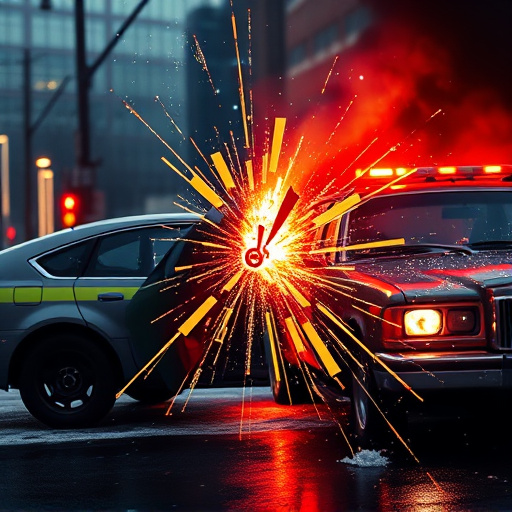
When it comes to Mercedes glass sensor calibration, neglecting this critical maintenance task can significantly impact your vehicle’s performance and overall driving experience. These sensors play a pivotal role in various advanced driver-assistance systems (ADAS), ensuring the car functions at its best. If left uncalibrated, they may fail to detect obstacles accurately, leading to potential safety hazards.
Think of it as a fine-tuning process; calibration ensures the sensors align seamlessly with your Mercedes’ electronic control units. This synchronization is vital for features like lane-keeping assist, automatic emergency braking, and adaptive cruise control. Without proper calibration, these systems might malfunction, resulting in unexpected behavior or even a complete failure to respond during critical driving situations. It’s akin to a well-oiled machine where each part needs to work in harmony; skip the calibration, and you risk disrupting this delicate balance, potentially affecting your car’s handling, braking, and overall road safety—a scenario no driver wants to encounter.
Costly Repairs and Maintenance Avoidance
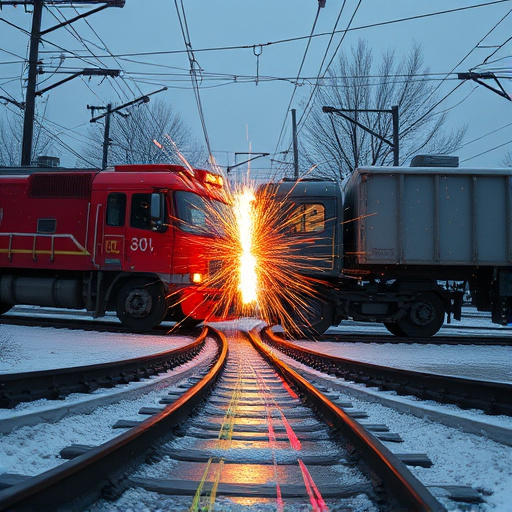
Neglecting Mercedes glass sensor calibration can lead to significant issues and costly repairs. These sensors play a critical role in modern vehicles, especially in luxury brands like Mercedes, where they’re integral for features such as automatic window operation and sunroof control. If left uncalibrated, these sensors can start functioning erratically, causing windows to open or close unexpectedly. This not only disrupts the driving experience but also poses potential safety hazards.
Over time, inaccurate sensor readings may trigger error codes in the vehicle’s system, leading to more complex and expensive auto maintenance issues. What starts as a minor inconvenience could turn into substantial automotive repair services, such as replacing faulty sensors or even repairing damage caused by incorrect window operation. Regular calibration is an affordable preventive measure that can save you from these costly surprises and keep your Mercedes running smoothly.
Skipping Mercedes glass sensor calibration can lead to serious safety risks, impacting vehicle performance and potentially causing costly repairs. Regular calibration ensures optimal sensing accuracy, enhancing driver safety and vehicle efficiency. By maintaining proper calibration, Mercedes owners can avoid unexpected issues and keep their vehicles in top condition, making it an essential task not to be overlooked.


